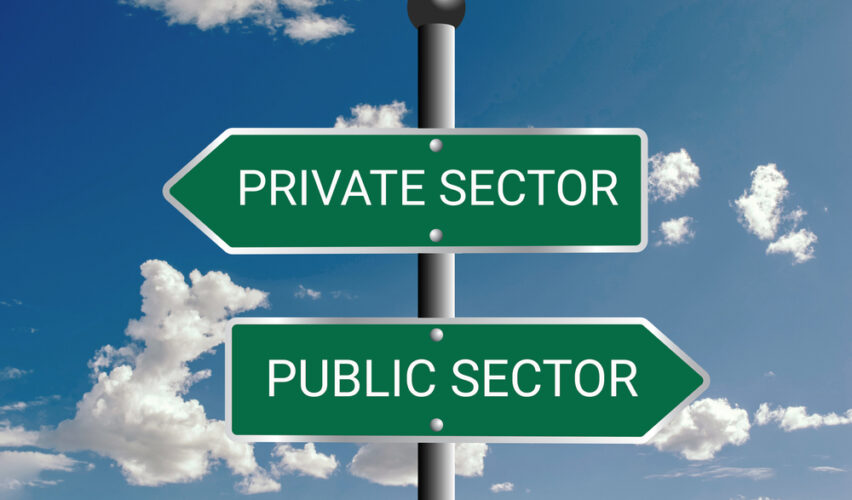If you’ve thought about returning to work after you retire from federal service, there are three excellent reasons to take a position in the private sector. Why the private sector and not federal service? Because, under OPM rules, if you return to work for Uncle Sam while receiving a FERS/CSRS annuity (pension), your salary will be “equivalently reduced.” As a result, working in the private sector after you retire from federal service can offer you more financial advantages.
1. Your TSP Nest Egg Will Last Longer
According to the OPM, the average retirement age for federal workers is 61.9 years old. This makes sense because, under FERS rules, you can retire between the ages of 55 an 57 with an immediate annuity if you meet the age and years-of-service requirements. Then again, when you retire this young, will your TSP nest egg be enough to last another 20 or 30 years?
When you take a position in the private sector, you’ll extend the longevity of your TSP as your investments continue to grow. Even better, there’s no restriction on the amount you can earn and your private sector income has no effect on your FERS or CSRS annuity.
“For each year you wait, your Social Security benefit will increase by 8% until age 70.”
2. You Can Increase You Social Security Benefit
If you’re earning income in the private sector, you can afford to delay filing for Social Security beyond your Full Retirement Age (FRA) and earn Delayed Retirement Credits. For each year you wait, your Social Security benefit will increase by 8% until age 70. And, since your private sector job is covered by Social Security, the FICA taxes you pay can boost the amount of your Social Security even more when you file for your benefits in the future.
3. You May Be Able To Contribute To A 401(k)
If your private sector employer offers a company-sponsored 401(k) plan, you can save even more for retirement. And, if you wisely continued your Federal Employee Health Benefits (FEHB) plan into retirement, you don’t need to pay for your employer’s group healthcare plan. You may even be able to negotiate a higher salary because your employer doesn’t have to cover your healthcare insurance.
According to Pew Research, among Baby Boomers age 65 and older, nearly 20% were still working by the end of 2023 which is almost twice the number when compared to the late 1980s. If you choose to join their ranks after your retire from your federal career, it can help keep you mind sharp, give you a sense of purpose, and provide added financial security in retirement.


























